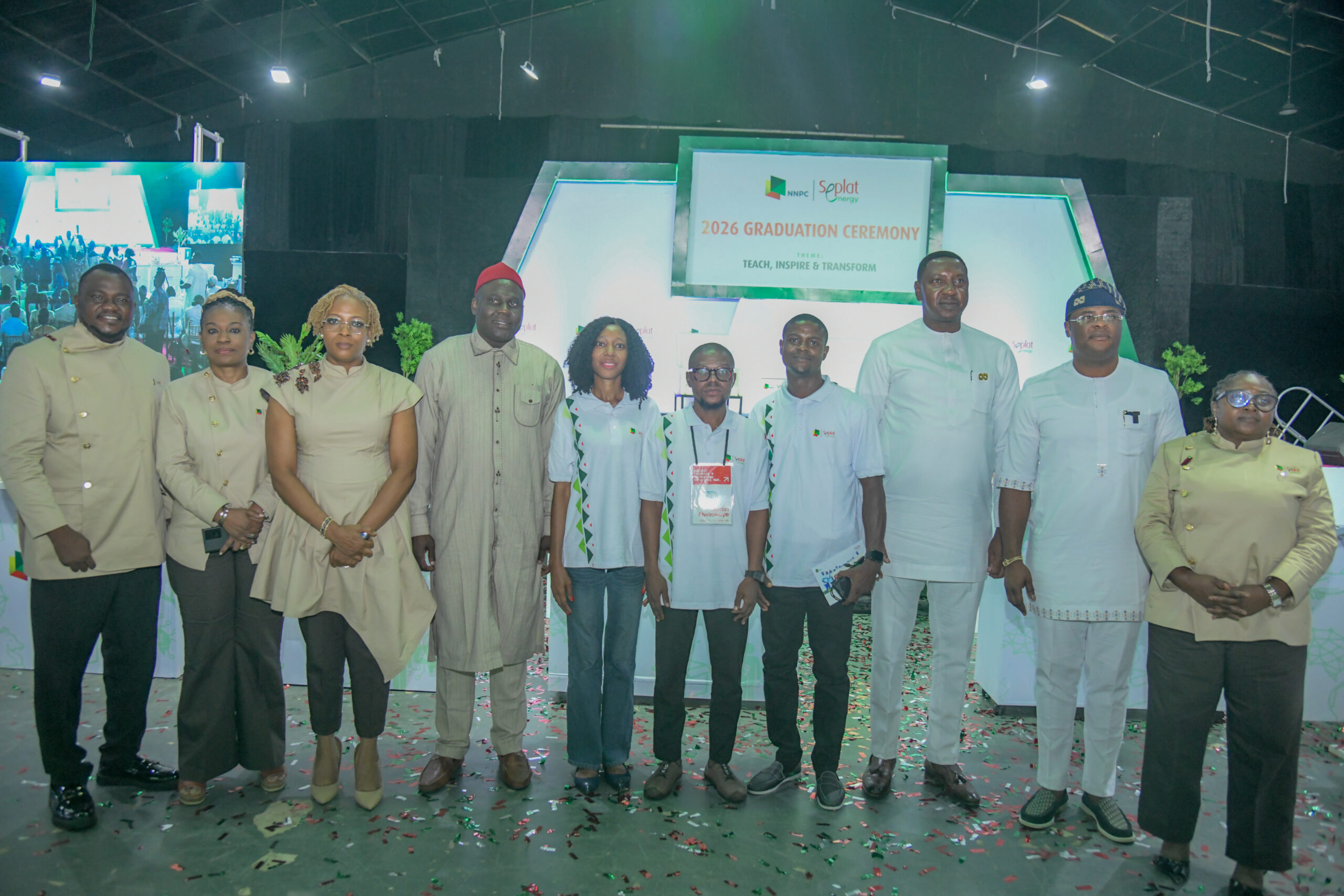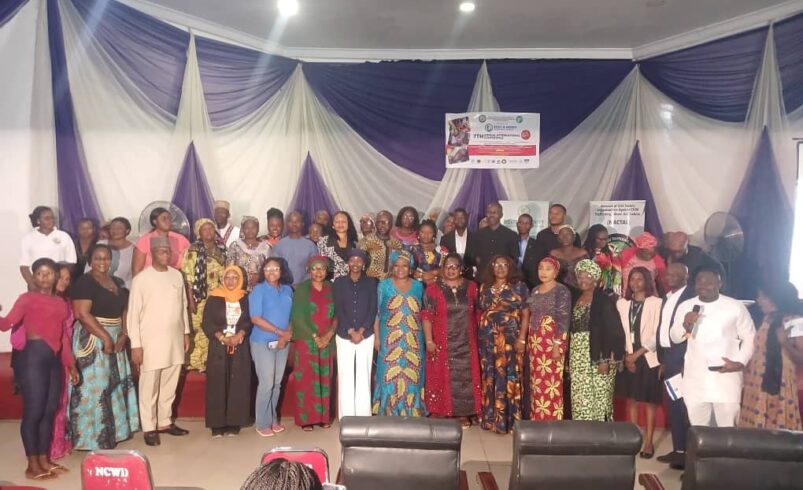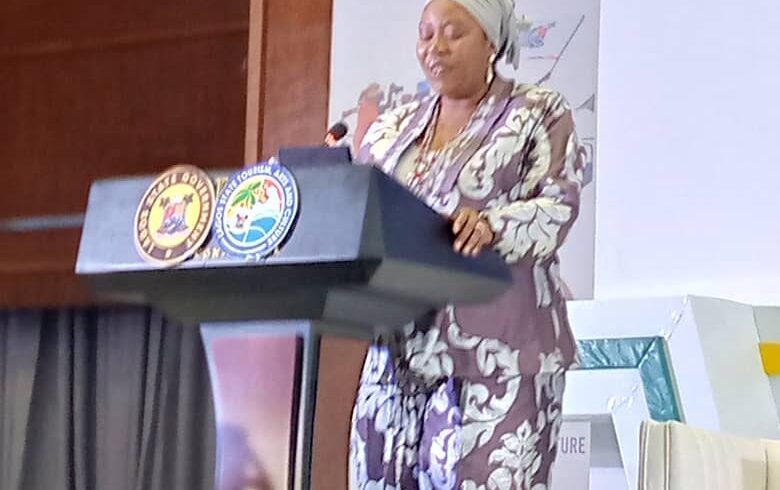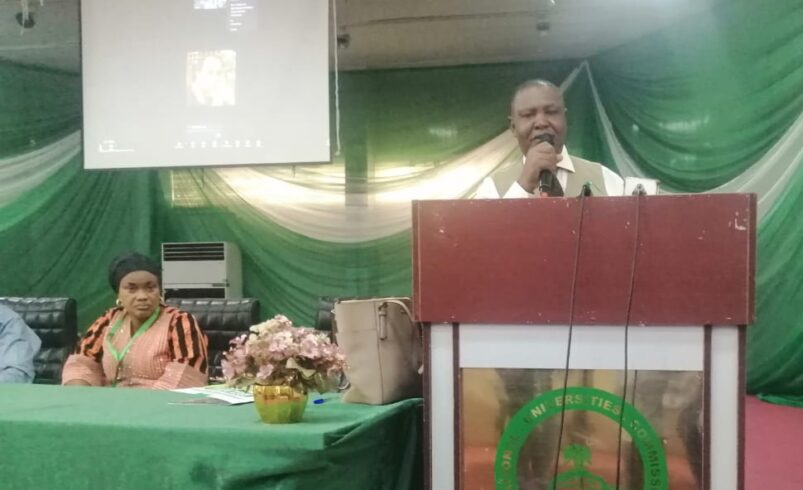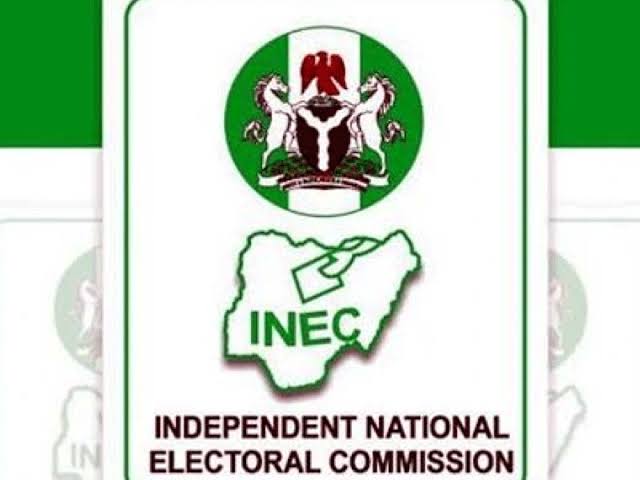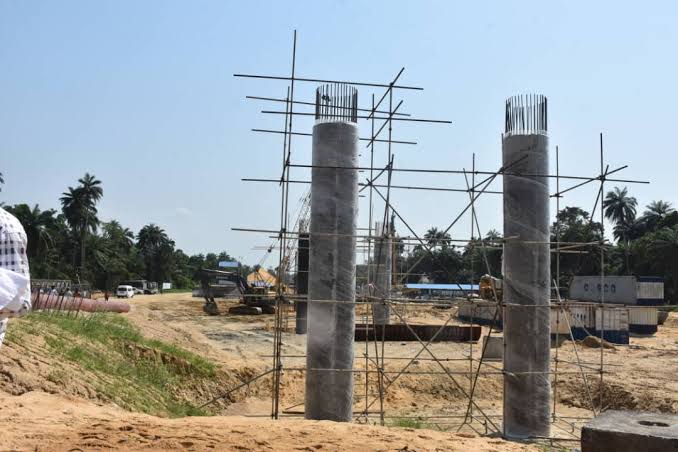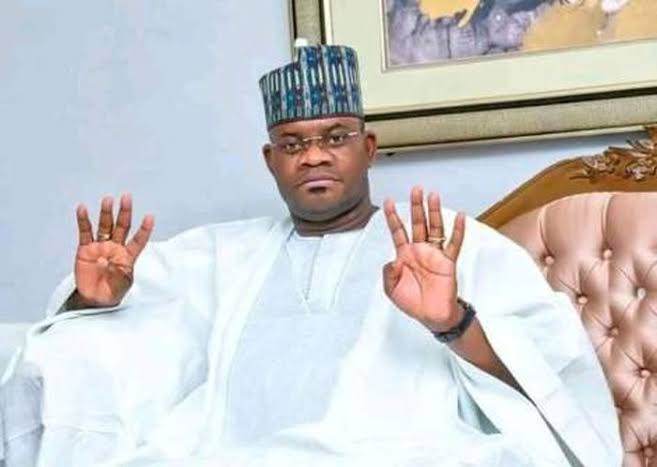By:Goodluck E. Adubazi, Abuja.
An estimated 50.1 million people worldwide were trapped in forced labor, sexual exploitation, or other forms of modern slavery in 2021, according to figures cited by the International Organization for Migration (IOM) during a major anti-trafficking conference in Abuja on Thursday.
The staggering number—described as “too high to ignore”—set the tone at the 7th Annual International Conference of the Regy & Henry Amazing Grace Foundation, where global partners, government agencies, and civil society leaders warned of an escalating crisis driven by gender-based violence, drug trafficking, and exploitative sex work.
NAPTIP: Traffickers Exploit a Web of Interconnected Vulnerabilities
At the event held at the Maryam Babangida National Centre for Women Development, NAPTIP Director-General Dr. Binta Adamu Bello said the theme of this year’s conference captures the increasingly complex conditions feeding human trafficking networks across borders.
“These issues do not stand alone,” she said. “They reinforce one another—creating vulnerabilities that traffickers exploit with alarming efficiency. Combating trafficking requires a holistic, multi-sector approach that addresses root causes, expands support systems, and strengthens community resilience.”
Bello emphasized the sub-theme, “Breaking Barriers, Building Futures, and Community Engagement,” noting it places essential focus on prevention and empowerment.
Breaking barriers, she said, means dismantling stigma and inequality. Building futures requires investing in women, youth, and marginalized groups.
But above all, she stressed, no anti-trafficking effort succeeds without community involvement.
The NAPTIP chief commended the Regy & Henry Amazing Grace Foundation for sustaining a platform that unites government agencies, international partners, and grassroots actors. She reaffirmed the agency’s commitment to “prevent trafficking, protect victims, prosecute offenders, and strengthen global partnerships.”
UNODC, IOM, NACTAL, and Women’s Development Centre Call for Stronger Action
Speakers from UNODC, IOM, NACTAL, and the Maryam Babangida Women Development Centre echoed concerns about rising vulnerabilities—urging stronger cross-border coordination, better data sharing, and improved reporting systems to dismantle trafficking rings.
UNODC’s Programme Coordinator for Human Trafficking and Migrant Smuggling, Aishat Braimah, and NACTAL representative John Nwanne Precious emphasized the need for communities to speak out:
“If you see something, say something.”
A welcome address delivered on behalf of the Centre’s Director-General Dr. Asabe Vilta Bashir highlighted the urgent need for better protection systems, particularly for women and children disproportionately targeted by traffickers.
Key Findings: Poverty, GBV, Drug Abuse Driving Exploitation
Across panel discussions and survivor testimonies, participants identified major drivers worsening the trafficking crisis:
Trafficking and migrant smuggling remain severe human rights violations, worsened by poverty, insecurity, unemployment, and gender-based violence.
Sex work, especially when tied to poverty or coercion, remains a major channel for exploitation.
Drug abuse and trafficking significantly heighten vulnerability among youth and women.
GBV, rooted in harmful norms, creates pathways into exploitation.
The boy child is largely neglected in intervention programs, despite being both victim and potential perpetrator.
Stigma and low awareness prevent victims from coming forward.
Weak reporting mechanisms, poor sensitization, and corruption undermine interventions.
Empowerment and skills programs remain indispensable in reducing vulnerability.
Conference Resolutions: What Must Change,
In a communique issued at the close of the conference, stakeholders called for:
Expanded awareness campaigns and targeted community sensitization.
Advocacy and protection programs that also include the boy child.
Gender-sensitive survivor services, including safe spaces, vocational training, and psychosocial support.
Stronger enforcement of anti-trafficking, anti-GBV, and anti-drug laws.
More collaboration among government ministries, CSOs, religious and traditional leaders, international partners, and the media.
Community-focused interventions in education, mentorship, and entrepreneurship.
Sustainable funding for rehabilitation and protection programs.
Non-discrimination and community support for survivors.
Greater government investment in poverty reduction and legal frameworks to dismantle trafficking networks.
Participants reaffirmed their commitment to combat human trafficking, migrant smuggling, and gender-based violence, stressing that only unified action and strong community engagement can break cycles of exploitation.
The Regy & Henry Amazing Grace Foundation pledged to continue championing survivor support, public sensitization, and collaborative action.
“We remain committed to building safer, inclusive, and resilient communities where the dignity and rights of all persons are protected,” the Foundation said, calling for increased support from both local and international partners.
The communique was signed by the conference organizers on November 27, 2025, in Abuja.



